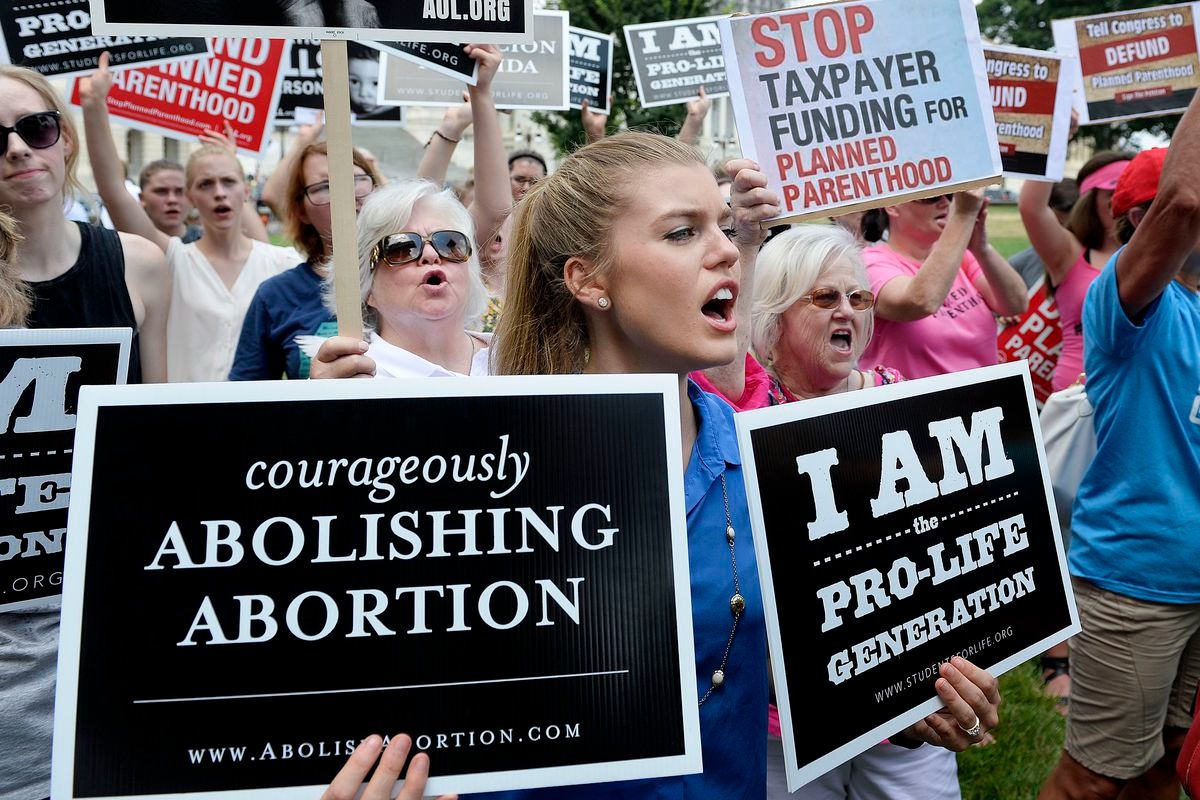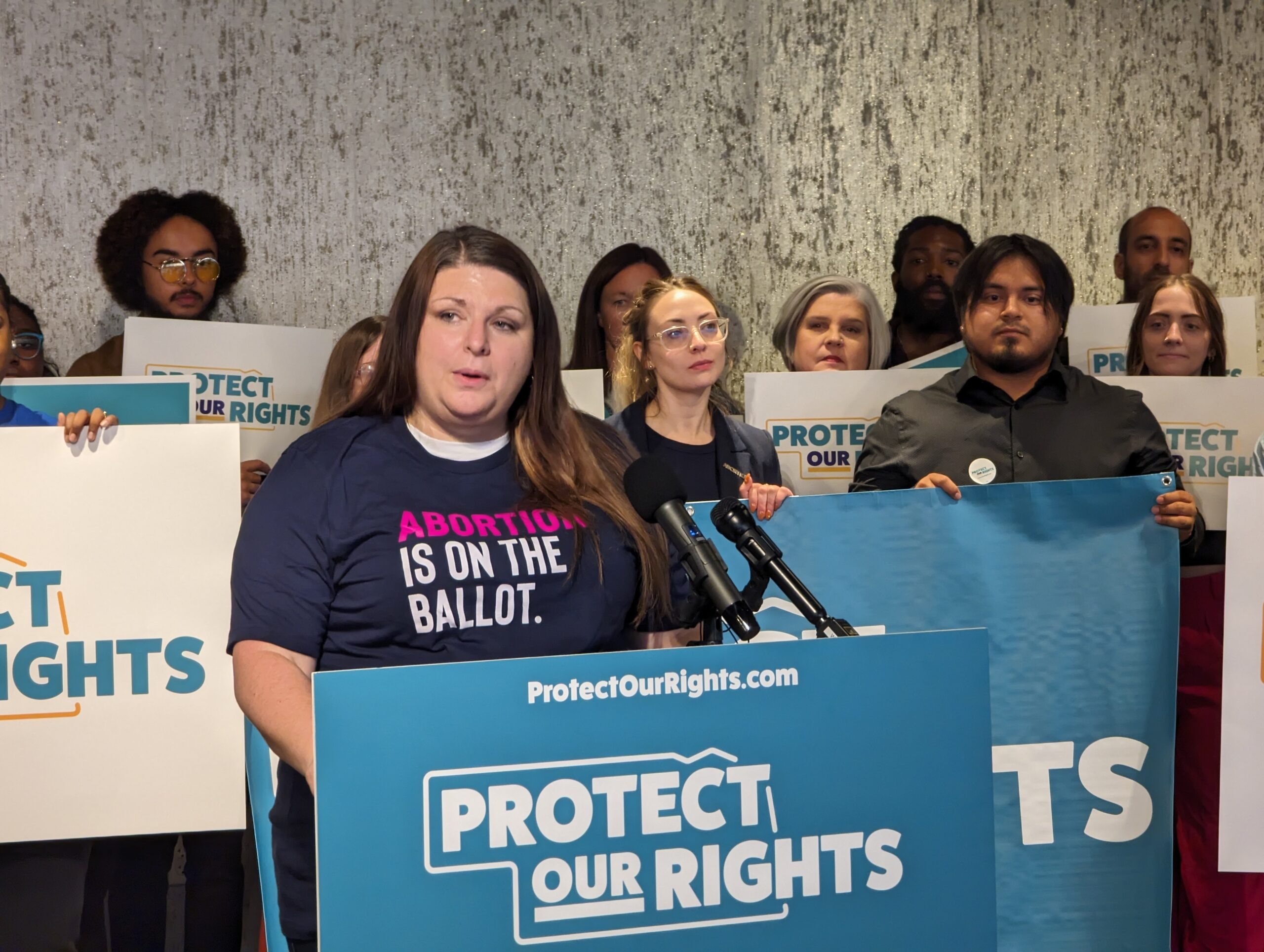Ezra Klein recently engaged in a thought-provoking podcast conversation with Mary Ziegler, a distinguished law professor and historian renowned for her expertise on the history of abortion as a political and legal issue in the United States.
Their discussion delved into the potential implications of a hypothetical second Trump administration on abortion policies, shedding light on the complex dynamics at play.
Klein opened the conversation by referencing reports suggesting that Donald Trump might consider endorsing a 16-week abortion ban, a position that appears more moderate within the Republican Party spectrum.

Abortion In Context (Credits: Vox)
However, Klein emphasized that even if Trump were to adopt such a stance publicly, his administration could still enact policies significantly restricting abortion access through administrative actions and executive powers.
He cited the Mandate for Leadership, a comprehensive document from the Heritage Foundation, as a blueprint for potential actions under a second Trump administration.
The document emphasizes protecting life from conception to natural death and proposes measures to curtail abortion access, mainly targeting abortion pills.
Klein highlighted how such directives could lead to a substantial tightening of abortion regulations, surpassing mere rhetoric and campaign promises.
Ziegler echoed these concerns, noting that prominent pro-life leaders anticipate Trump leveraging executive power to limit access to abortion pills.
She referenced figures like Roger Severino and Gene Hamilton, who have openly discussed plans to restrict abortion access through regulatory and legal avenues.

Abortion in Context (Credits: Nebraska Examiner)
Ziegler emphasized that these strategies would rely heavily on key appointments within government agencies rather than legislative action, signaling a concerted effort to reshape abortion policy irrespective of public opinion.
Ziegler pondered the political calculus behind Trump’s approach to abortion, particularly in light of his potential post-presidential aspirations.
She highlighted conflicting incentives between appealing to the conservative base and appealing to the broader electorate, suggesting that Trump’s priorities might shift depending on his future political ambitions.
This raises questions about the potential divergence between Trump’s rhetoric and his policy agenda, especially if he no longer faces electoral pressures.
Klein and Ziegler’s discussion offers valuable insights into the intricate interplay between executive power, ideological agendas, and political considerations in shaping abortion policy.
It underscores the enduring significance of abortion as a deeply divisive and consequential issue in American politics, with far-reaching implications for reproductive rights and public health.























